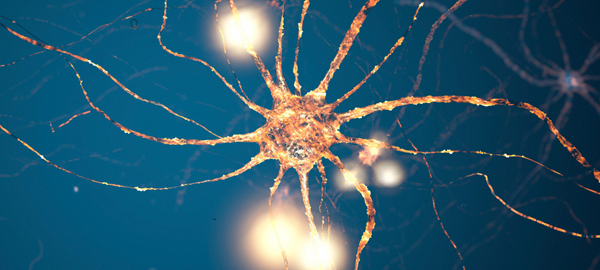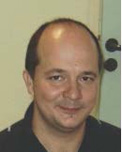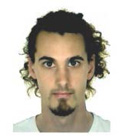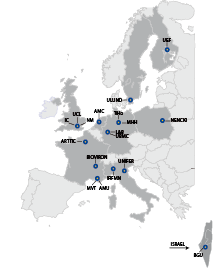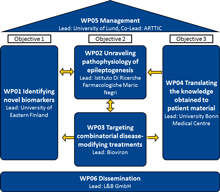Partner 10 - Aix Marseille Université
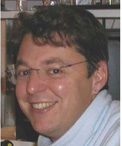 |
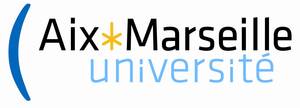 |
|
Dr. Christophe BernardPrincipal Investigator Phone: +33 491299806
|
Université d'Aix MarseilleBoulevard Charles Livon 58 13284 Marseille France |
|
Institute presentation
![]() AMU has extensive experience in basic and epilepsy research in Human, infra-human primates and rodents, in vivo and in vitro. They have made key contributions in the identification of biomarkers of epileptogenesis (Chauviere et al., J Neuroscience, 2009; Annals of Neurology, 2012; Quilichini et al., Neuron 2012), as well as in the identification of epigenetic mechanisms of epileptogenesis, the manipulation of which is disease-modifying (McClelland et al., Annals of Neurology, 2011). The group is thus particularly suited to further explore epilepsy biomarkers and ways to interfere with the disease process. AMU also has extensive experience in signal processing. AMU will provide the consortium with its analysis software, in particular for seizure detection and prediction (Chauviere et al., Annals of Neurology, 2012).
AMU has extensive experience in basic and epilepsy research in Human, infra-human primates and rodents, in vivo and in vitro. They have made key contributions in the identification of biomarkers of epileptogenesis (Chauviere et al., J Neuroscience, 2009; Annals of Neurology, 2012; Quilichini et al., Neuron 2012), as well as in the identification of epigenetic mechanisms of epileptogenesis, the manipulation of which is disease-modifying (McClelland et al., Annals of Neurology, 2011). The group is thus particularly suited to further explore epilepsy biomarkers and ways to interfere with the disease process. AMU also has extensive experience in signal processing. AMU will provide the consortium with its analysis software, in particular for seizure detection and prediction (Chauviere et al., Annals of Neurology, 2012).
In addition, C. Bernard and G. Malliaras (BEL) have been successfully collaborating for the past 2 years in developing new devices based on organic transistors and testing them in vivo to record brain activity (Khodagholy et al. Advanced Material, 2011; Nature Communications, 2013). AMU will design multimodal probes to record both electrophysiology (field potentials, single units) and molecular activity at the cellular level. This is cutting edge technology, and we are leaders in the field. The consortium will strongly benefit of such technology.
Dr. Christophe BERNARD is the Head of PHYSIONET team of Inserm U1106. He was trained in Mathematics and Theoretical Physics (Ecole Central Paris). He obtained his Ph.D. in Neuroscience from Paris VI University in 1990, during which he became a permanent researcher at Inserm (1989). After a three year postdoc at Southampton University, he joined Inserm U29 in Paris (1994), working mainly on epilepsy. After a two year sabbatical at Baylor College of Medicine (Houston, TX), he joined Inserm U751, now U1106. He is considered as a leader in epilepsy research and received the prestigious Michael Prize on epilepsy research in 2007. He received the Felix Prize on innovation for the use of organic transistors to record brain activity.





